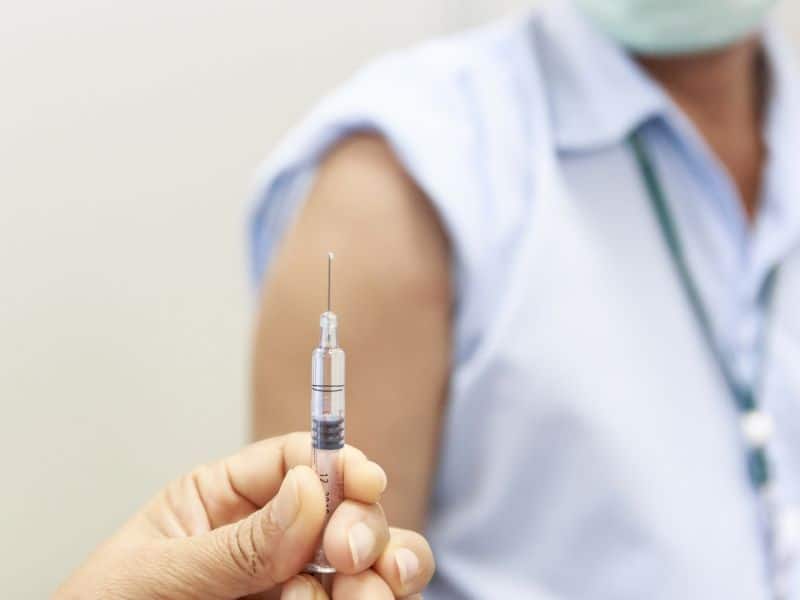Fibromyalgia (FM) is associated with sympathetically dominant dysautonomia, but the connection between dysautonomia and FM symptoms is unclear. Dysautonomia can be analysed with heart rate variability (HRV) and it has been proposed that FM patients comprise subgroups with differing profiles of symptom severity. In our study, 51 female FM patients aged 18 to 65 years and 31 age-matched healthy female controls followed a 20-min protocol of alternating relaxation and cognitive stress (mental arithmetic). Heart rates and electrocardiograms were registered. The HRV measures of heart rate (HR), mean interval between heart beats (RR), root mean squared interval differences of successive beats (RMSSD), and the standard deviation of intervals between normal heart beats (SDNN) were analysed with generalized linear modelling. Features in HRV reactivity which differed between FM patients and controls were used to cluster the FM patients and cluster characteristics were analysed. FM patients had higher baseline HR (72.3 [SD 12.7] vs 64.5 [7.80], p < 0.001) and lower RR (0.844 [0.134] vs 0.934 [0.118], p = 0.002), compared with controls. They also reacted to repeated cognitive stress with an attenuated rise in HR (- 4.41 [95% CI - 7.88 to - 0.93], p = 0.013) and attenuated decrease of RR (0.06 [95 CI 0.03 to 0.09], p < 0.001), compared with controls. Clustering of FM patients by HRV reactivity resulted in three clusters characterised by (1) normal levels of HRV and HRV reactivity with low levels of depressive mood and anxiety, (2) reduced levels of HRV and impaired HRV reactivity with increased levels of depressive mood and high levels of anxiety, and (3) lowest HRV and most impaired HRV reactivity with the highest scores for depressive mood and anxiety. Our results show that FM patients have lower HRV than healthy controls and their autonomous reactions to cognitive stress are attenuated. Dysautonomia in FM associates with mood disturbance. Trial registration ClinicalTrials.gov (NCT03300635). Registered October 3 2017-Retrospectively registered, https://clinicaltrials.gov/ct2/show/NCT03300635 .© 2023. The Author(s).















